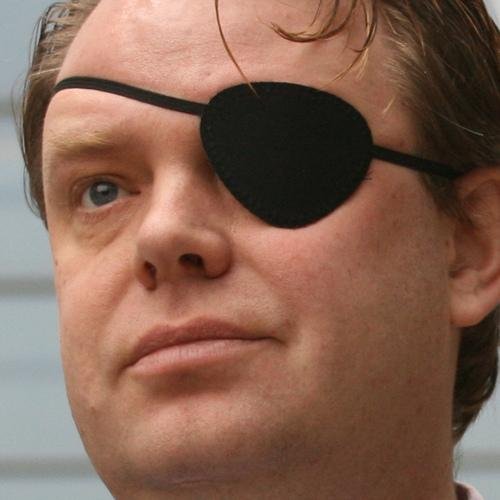Analog Equivalent Rights (3/21): Posting an Anonymous Public Message
Privacy: The liberties of our parents are not being inherited by our children – they are being lost wholesale in the transition to digital. Today, we’ll look at the importance of posting anonymous public messages.



